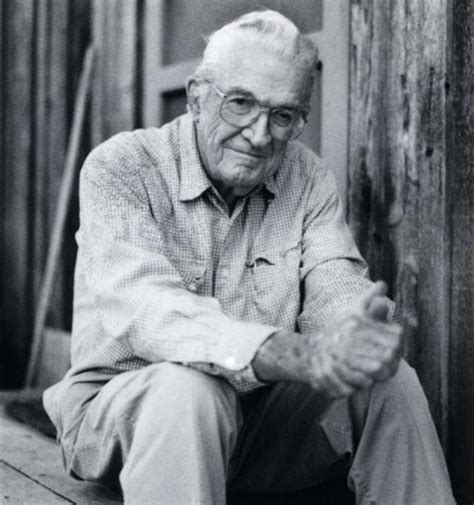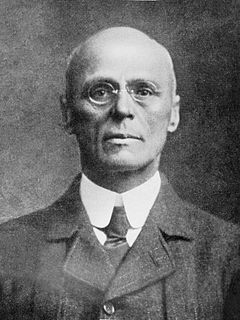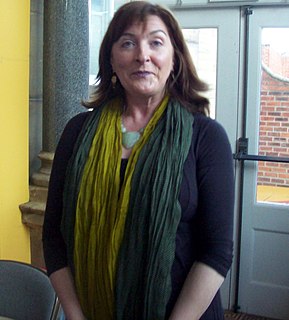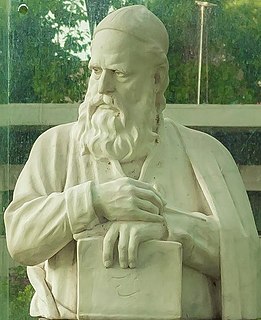Top 40 Monasteries Quotes & Sayings
Explore popular Monasteries quotes.
Last updated on November 23, 2024.
A split personality can never become non-greedy. It can try, but it can never become. A split personality can never go beyond anger. It can try, but it can never go beyond. A split personality can never go beyond sex. It can fight. So many monks in the monasteries are doing it. They don't go beyond sex; at the most their sexuality becomes perverted, their love becomes poisoned.
Canoes, too, are unobtrusive; they don't storm the natural world or ride over it, but drift in upon it as a part of its own silence. As you either care about what the land is or not, so do you like or dislike quiet things--sailboats, or rainy green mornings in foreign places, or a grazing herd, or the ruins of old monasteries in the mountains. . . . Chances for being quiet nowadays are limited.
Admit that the press transferred the pontificate of Rome to Henry VIII-Admit that the press demolished in some sort the feudal system, and set the serfs and villains free; admit that the press demolished the monasteries, nunneries, and religious houses; into whose hands did all these alienated baronies, monasteries, and religious houses and lands fall? Into the hands of the democracy? Into the hands of serfs and villains? Serfs and villains were the only real democracy in those time. No. They fell into the hands of other aristocrats. . . .
Henceforward the Christian Churches having a form of godliness, but denying the power thereof, came into the hands of the Encratites: and the Heathens, who in the fourth century came over in great numbers to the Christians, embraced more readily this sort of Christianity, as having a greater affinity with their old superstitions, than that of the sincere Christians; who by the lamps of the seven Churches of Asia, and not by the lamps of the Monasteries, had illuminated the Church Catholic during the three first centuries.
Provided they live a worthy life, both those who choose to dwell in the midst of noise and hubbub and those who dwell in monasteries, mountains and caves can achieve salvation. Solely because of their faith in Him God bestows great blessings on them. Hence those who because of their laziness have failed to attain salvation will have no excuse to offer on the day of judgment. For He who promised to grant us salvation simply on account of our faith in Him is not a liar.
Man's history has been graven on the rock of Egypt, stamped on the brick of Assyria, enshrined in the marble of the Parthenon-it rises before us a majestic presence in the piled up arches of the Coliseum-it lurks an unsuspected treasure amid the oblivious dust of archives and monasteries-it is embodied in all the looms of religions, of races, of families.
The period of Catholic ascendancy was on the whole one of the most deplorable in the history of the human mind. . . . The spirit that shrinks from enquiry as sinful and deems a state of doubt a state of guilt, is the most enduring disease that can afflict the mind of man. Not till the education of Europe passed from the monasteries to the universities, not till Mohammedan science, and classical free thought, and industrial independence broke the sceptre of the Church, did the intellectual revival of Europe begin.
One of the most persistent fallacies about the Christian Church is that it kept learning alive during the Dark and Middle Ages. What the Church did was to keep learning alive in the monasteries, while preventing the spread of knowledge outside them... Even as late as the beginning of the nineteenth century, however, nine-tenths of Christian Europe was illiterate.
During the last 2,500 years in Buddhist monasteries, a system of seven practices of reconciliation has evolved. Although these techniques were formulated to settle disputes within the circle of monks, i think they might also be of use in our households and in our society.The first practice is Face-to-Face-Sitting.
Christianity ... has produced the iniquities of the Inquisition, the egotism and celibacy of the monasteries, the fury of religious wars, the ferocity of the Hussite, of the Catholic, of the Puritan, of the Spaniard, of the Irish Orangeman and of the Irish Papist; it has divided families, alienated friends, lighted the torch of civil war, and borne the virgin and the greybeard to the burning pile, broken delicate limbs upon the wheel and wrung the souls and bodies of innocent creatures on the rack; all this it has done, and done in the name of God.
Institutions develop because people put a lot of trust in them, they meet real needs, they represent important aspirations, whether it's monasteries, media, or banks, people begin by trusting these institutions, and gradually the suspicion develops that actually they're working for themselves, not for the community.






























